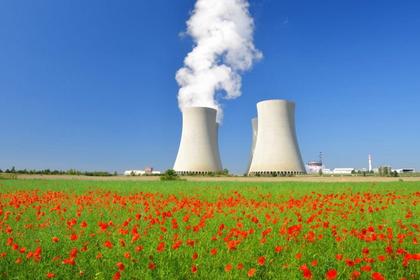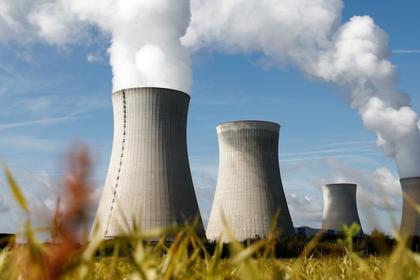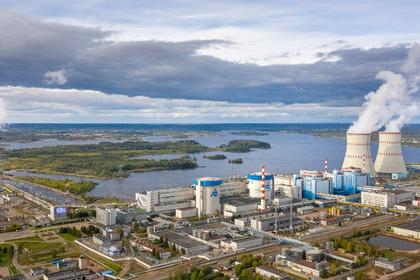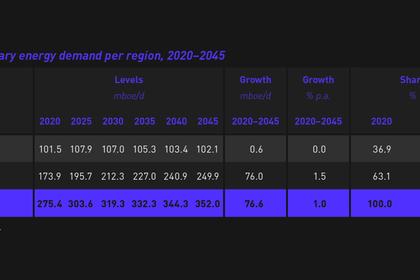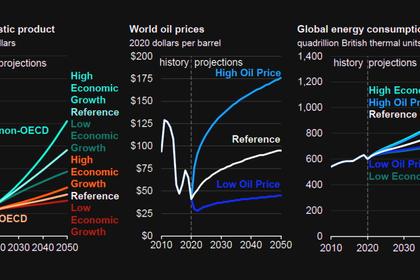
LOW CARBON NUCLEAR ENERGY
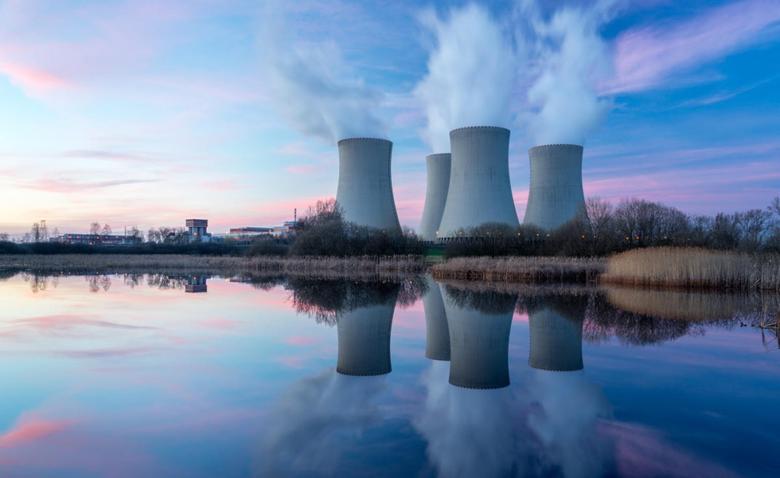
By MILTON CAPLAN President MZConsulting Inc.
ENERGYCENTRAL - Dec 29, 2021 - This past year, as COP26 came and went, and the climate discussion turned from emission reductions to net zero targets; more and more governments have come to accept that nuclear power should, and in fact must, play an important role in meeting their aggressive climate goals.
China is leading the way with plans to build 150 new units over the next 15 years. Other countries with plans for new nuclear include Poland, Czech Republic, Hungary, Finland, Slovenia, Romania, the UK and the Netherlands, just to name a few. In France, President Macron has stated “We are going, for the first time in decades, to relaunch the construction of nuclear reactors in our country and continue to develop renewable energies.” The US, the UK and Canada are leading the way in the development and deployment of Small Modular Reactors (SMRs). And Belarus and the UAE started up their first nuclear plants this year becoming the newest members of the nuclear family.
We have reliable assessments this year that make the environmental benefits of nuclear power unambiguously clear from a range of multilateral global organizations.
- In March 2021 the European Joint Research Centre (JRC) issued its report on whether nuclear meets the EU Taxonomy requirements and stated – “there is no science-based evidence that nuclear energy does more harm to human health or to the environment than other electricity production technologies already included in the EU Taxonomy as activities supporting climate change mitigation “.
- An October 2021 study (Life Cycle Assessment of Electricity Generation Options) from the United Nations Economic Commission for Europe (UNECE) looking at a broad range of energy technologies concluded that nuclear technology has the lowest lifecycle carbon intensity of any electricity source, ranging from 5.1-6.4g CO2 per kWh. It also found nuclear has the lowest lifecycle land use, as well as the lowest lifecycle mineral and metal requirements of all the clean technologies.
Given the evidence supporting nuclear as an environmental champion, why is it such a struggle for people to think about nuclear power in a positive way? I was listening to one of the great podcasts from Dr. Chris Kiefer (Decouple podcast), (who also went above and beyond in his efforts at COP26) where he spoke to Angelique Oung earlier this year, an energy reporter and supporter of nuclear energy from Taiwan. She said it best when she said, “Before I started reporting on this issue, it (being against nuclear) is just the default position in our society. I never thought that much about it, it was just nuclear is scary, nuclear bad, nuclear old fashion, nuclear is expensive – never had reason to challenge those beliefs.”
And there is the challenge. We have discussed this before. There is a narrative of fear that goes along with nuclear energy that is part of our collective psyche. Almost every article on nuclear energy, including the supportive ones include something like “The spectre of Chernobyl and Fukushima, along with the enduring problem of nuclear waste, kept energy generated by splitting atoms on the sidelines, even if that energy was virtually carbon free.”; or ”Nuclear power can go horribly wrong and is notorious for cost overruns, but it is gaining high-profile champions.”
Nothing demonstrates this point more than when the Director General of the IAEA, Rafael Grossi, was being interviewed at COP26 and was explaining the benefits of nuclear energy. He mentioned that nobody died from radiation at the Fukushima accident in Japan – and some in the audience responded with laughter. Grossi replied “I don’t know why you’re laughing, it’s a fact. Thousands of people died because of the tsunami but there were no deaths attributable to exposure to radiation. People died also because of the evacuation, it was very traumatic,” he continued. “We’re taking this very seriously. This is not a laughable matter.”
And then something unexpected happened. Following the interview, journalist Gillian Tett decided to do her homework and learn more. As she stated, “For me, the incident acted as a (somewhat uncomfortable) reminder of the need for all of us, journalists most certainly included, to periodically question our own assumptions.” What she was found was published in an article in the Financial Times “What I got wrong about nuclear power – A debate with the head of the International Atomic Energy Agency challenged my preconceptions.” This reassessment led her to conclude “With my preconceptions about the radiation impact in Fukushima shifting, I am now doubly convinced it is time to have a wider debate about nuclear power.”
Going back to the critical comment made by Angelique, she “never had reason to challenge those beliefs.” Until now. The challenge of achieving net zero carbon emissions is massive and requires new thinking. Young people are more focused on climate issues than any generation before them. They are ready to question the entrenched beliefs of others and make up their own minds about how to solve this climate crisis. For many, being willing to take a fresh look at the nuclear option was the first step on the journey to changing their minds about this technology. As this support continues to grow, governments are becoming more willing to include nuclear in their climate plans than ever before. Who knows? 2022 may well be the year that realistic comprehensive climate plans including all low carbon technologies start to show a truly viable path to a decarbonized world.
Thank you for reading our blog. Wishing you all a very happy holidays and looking forward to more discussion in 2022.
-----
Earlier:

